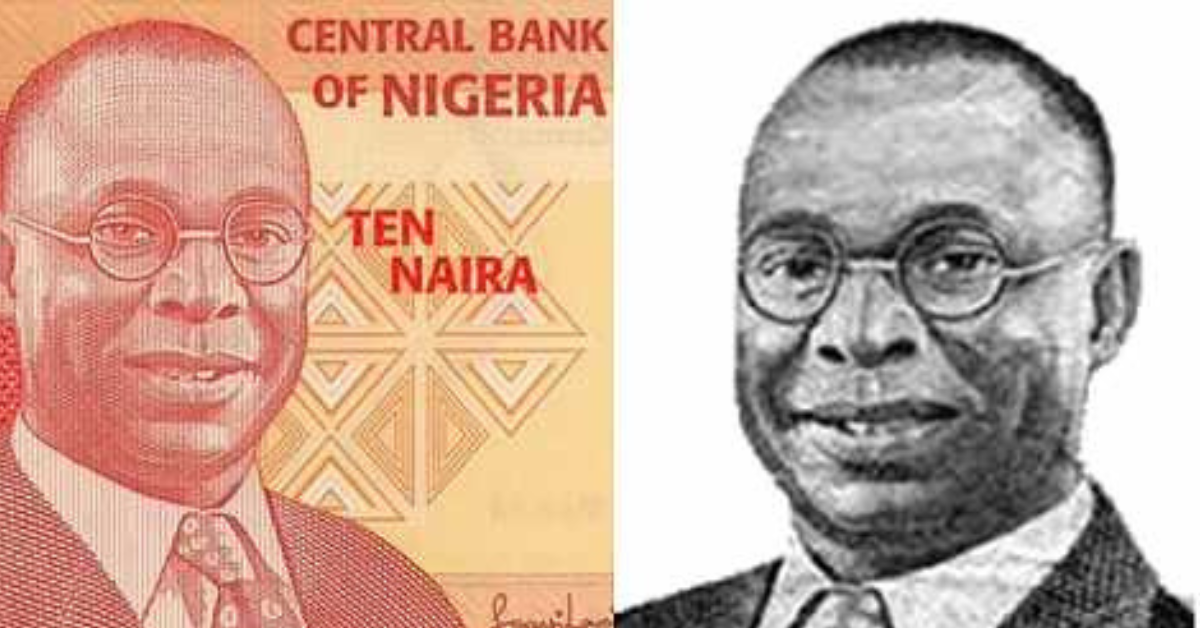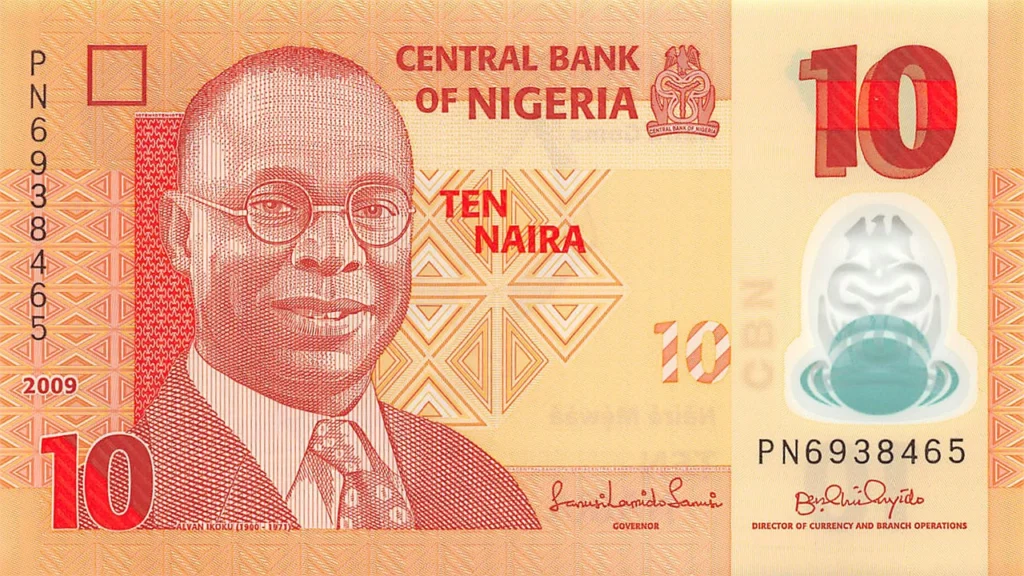Physical Address
Lagos,Nigeria.


During one of my evenings at the NYSC orientation camp, a beauty pageant unfolded on stage. My friend and I, arriving late, found ourselves standing at the back, catching only glimpses of the spectacle.
One contestant faced an unexpected question about Tafawa Balewa’s image on which denomination of the Naira. Given that legal tender is a daily sight, familiarity with national figures should be commonplace.
The lady’s confident, yet incorrect response—asserting Tafawa Balewa’s appearance on the 100 naira note—elicited shock from the crowd, met with sarcastic laughter.
Her blunder left a lasting impression, especially considering the three ladies beside us, who found amusement in the spectacle, detached from its repercussions.

Curiosity led my friend, a member of the contestant’s platoon, to inquire about the figure on the 100 naira note.
Without hesitation, one of the ladies exclaimed, “Isn’t that Yakubu Gowon?” Another quickly echoed her sentiment.
This encounter underscored a broader issue: a lack of awareness regarding national heroes and their contributions.
Countless Nigerians, much like these young women, fail to recognize the significance of historical figures beyond their images on currency notes.
I’ve witnessed instances where individuals dismiss such figures, like Alvan Ikoku on the 10 naira note, without recognizing their contributions.
Born on August 1, 1900, in Amanagwu Arochukwu, Abia State, Ikoku’s journey began at Arochukwu Government Primary School, followed by Hope Waddell College, Calabar.
His teaching career commenced with the Presbyterian Church of Nigeria and Scotland in Itigidi, Calabar, eventually leading him to St. Paul’s Teachers’ Training College, Akwa.
Ikoku’s passion for education led him to pursue a Philosophy degree from the University of London, while simultaneously founding the Aggrey Memorial Secondary School in Arochukwu. He advocated for technical education and the teaching of indigenous languages, earning him a seat in the Eastern Nigeria House of Assembly.
As president of the Nigeria Union of Teachers, Ikoku championed free primary education and the inclusion of indigenous languages in schools, advocating policies later adopted by the Federal Military Government in 1976.
Despite his contributions, Ikoku’s recognition remains inadequate, limited to street names and college appellations. Integrating his legacy into school curricula would ensure his enduring impact.
Ikoku’s efforts significantly increased school enrollment, earning him an honorary doctorate from the University of Ibadan and the establishment of the Alvan Ikoku Federal College of Education, Owerri.
Though he passed away at 71 on November 18, 1971, Ikoku’s legacy transcends a mere depiction on currency notes; he was a nationalist and a vital asset to Nigeria’s educational landscape.